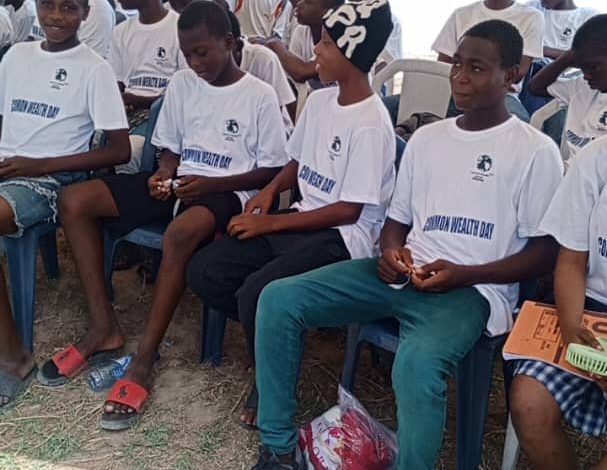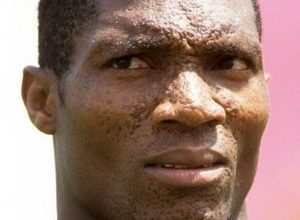C/Wealth Day : Gumel laments effect of drug abuse on communities

The President of Commonwealth Games Nigeria, Engr. Habu Gumel, has observed that the twin challenges of drug use and abuse among youths will destroy communities if society does not take steps to address the issue.
Gumel made this observation on Monday, March 10, 2025, during a speech marking the celebration of this year’s Commonwealth Day.
The event took place at the Nigeria Olympic Committee Sports Ground in the Amuwo Odofin area of Lagos.
The main objective of the program is to uphold the fundamental values of the Commonwealth by promoting unity, equity, and youth empowerment.
Gumel noted that the consumption and abuse of drugs have assumed a dangerous proportion among youths and is even threatening to destroy them.
“This is one fight that all parents, teachers, and the government should join hands in tackling.”
Unless addressed head-on, our communities should be ready to face the dire consequences.
The purpose of the effort was to provide an avenue for social interaction among the youths by encouraging healthy communication and collaboration among them.
The Secretary-General, Babatunde Popoola, represented the President, Gumel.
Participants were drawn from four secondary schools around the Amuwo Odofin area of Lagos.
A medical officer, Dr. Olubukola Bojuwoye, served as the resource person who worked with the students.
He educated them on the proper use of drugs and the inherent dangers of drug addiction and abuse.
“Using drugs can make or mar you, but the ultimate choice is yours.”
The one-day event was coordinated by NOC Assistant Secretary in Charge of Commonwealth Games Affairs, Austin Odigie.





